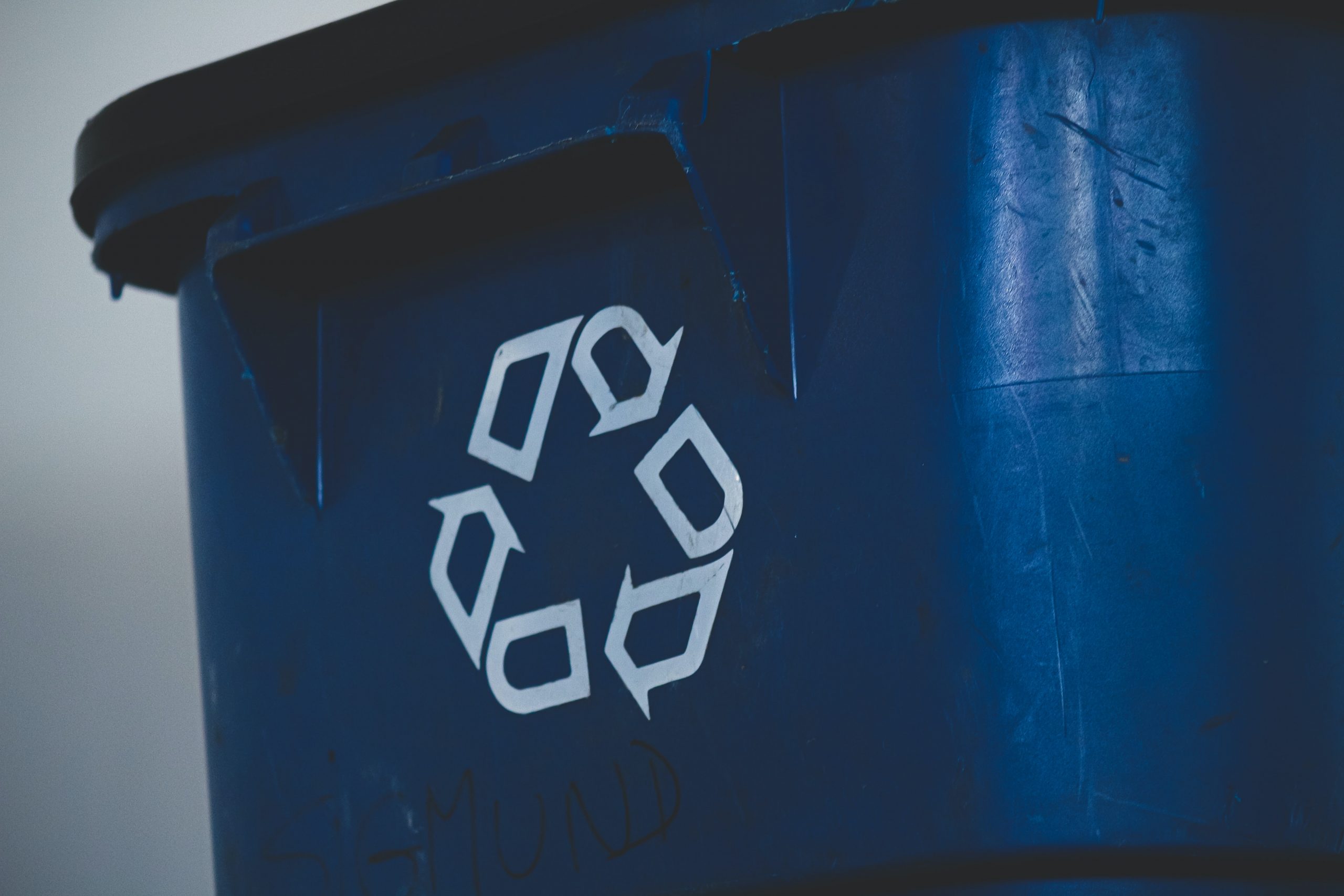If you’re reading this, you’ve either moved into your new place, or you’re so excited about the idea that you’re doing your due diligence. We’ve all been there.
Helping you save money on bills is only the beginning of our mission at Papernest; we also like to offer you tips on how to save time and our planet.
Only 44% of waste in UK homes is recycled. To put this into context, the collective national goal is 75%.
We’ve teamed up with the UK’s leading waste management company, Bywaters, to help you avoid some of the most common mistakes people make when handling waste.
Clean off what you eat off
The term ‘clean your plate’ is usually used when a person finishes all the food on their plate. Many Brits make the mistake of placing food containers in the recycling bin, even when contaminated.
Clean off what you eat off. If a container is smeared with food, it’s likely it will contaminate the batch of waste it’s in. This means that all your hard work will be undone, with the items placed in the recycling bin labelled as general waste and sadly incinerated, rather than recycled.
Black and Infrared plastic
Scientists predict there will be more plastic than fish in the ocean by 2050. To stop this, the major recycling companies in the UK have invested in machinery that can separate waste instantly. However, the infrared doesn’t read black or dark plastic. This means even if you do everything right when recycling, your items may still end up in general waste. Avoid black or dark plastic where possible.
Don’t recycle what you can reuse
Have you ever returned to a store, only to realise you left your collection of bags under the sink when prompted to purchase another new bag for your items? It’s a common mistake made amongst Brits.
Save your money and time by reusing items, rather than throwing them out or leaving them dormant. Many supermarkets have take-back schemes, which will take in the bags you don’t want for a financial incentive.
Recycling is the act of repurposing items for others. If you can repurpose items yourself, you are part of the solution.
Recycling glass?
We’ve heard of all the fantastic things glass can be turned into when recycled. The narrative is usually given without context, so, understandably, many Brits tend to use any recycling bin provided to dispose of glass. It’s important to know what can and can’t be recycled at home; glass should be recycled through glass recycling services.
Drinking glasses tend to be made with a chemical that keeps them together. This chemical contaminates drinking glasses, no matter how ‘clean’ they are. Other forms of glass have variations in their melting point, leaving them almost impossible to recycle through even the most advanced recycling machinery in the UK.
Bywaters has some of the best glass recycling services in the UK.
Pay attention to the pieces and labels
Lastly, it’s essential to pay attention. Toys, instruments and more tend to have many parts to them. It’s important to take apart items before recycling them. Our rule for food also applies to other products; an item is not defined by its majority. If a toy is made up of more recyclable items than non-recyclable, that is still enough for it to be incinerated rather than recycled. To manage the waste of an entire nation, items are put through high-speed machinery. These machines need to distinguish between recyclable and non-recyclable items in under a second. It’s important you don’t undo all of your hard work by assuming someone else will do it for you.
You care. You’re at the bottom of a blog about managing waste in your home. One of the most common mistakes we see made daily is people not reading the instructions. Companies around the world are joining the effort to save our planet; one way they have been showing their intent is by labelling either the material or exactly where it should be disposed of. It may seem tedious initially, but it’s just like anything else. Once you get in the flow of understanding where your favourite items go, it’ll all be second nature to you.
To build a home, you must find the perfect combination of good habits, ideas and action. The same is true for saving our planet.
 12 August 2022
12 August 2022  4min to read
4min to read 
Comments